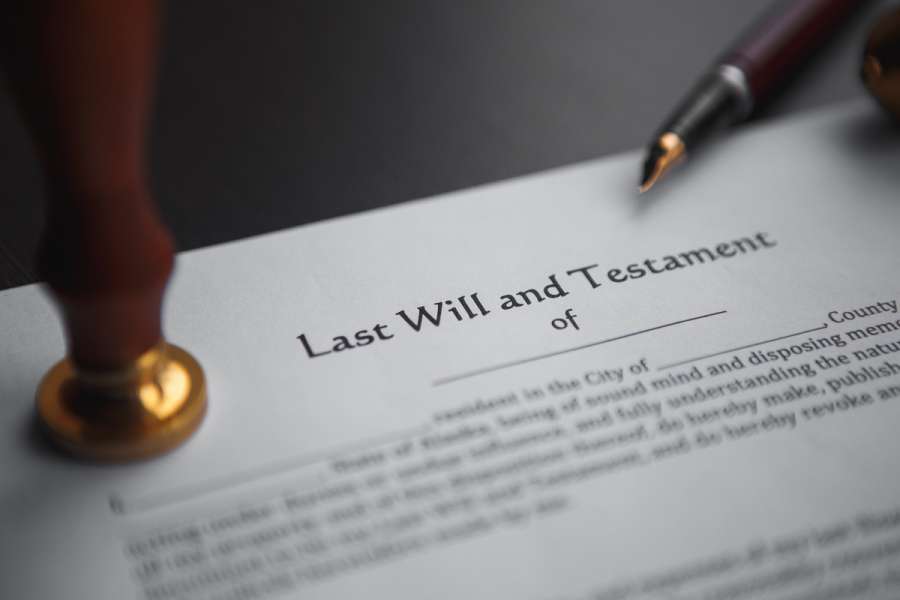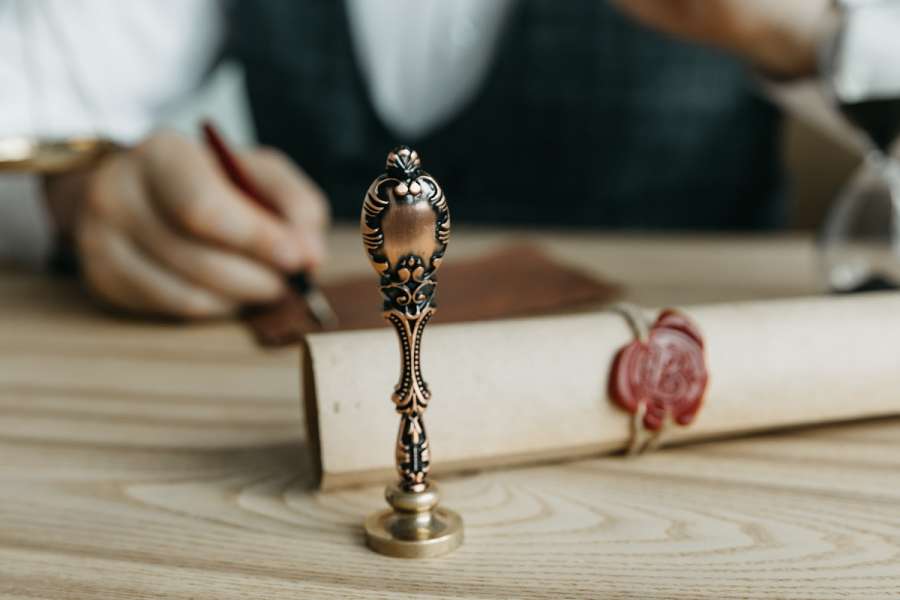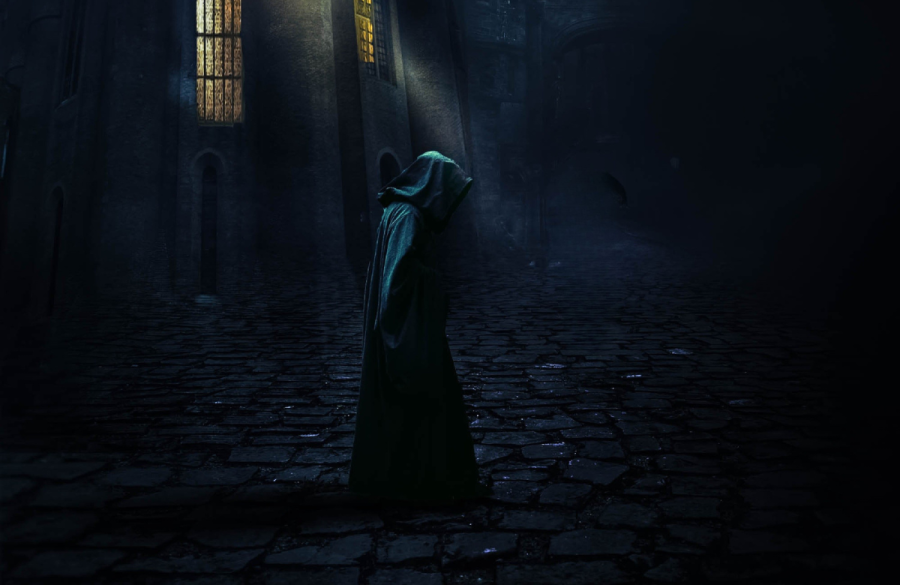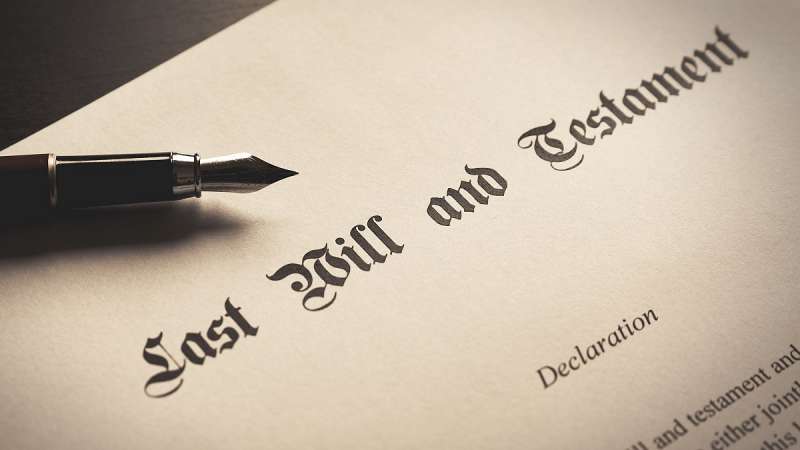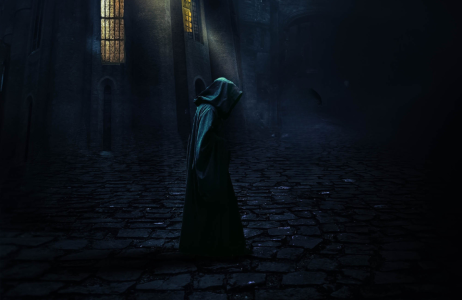
The BBC's fan-favourite TV series, The Traitors, will air the finale of its third series this Friday. (Don't worry—there are no spoilers for those eagerly awaiting!).
The show follows a group of individuals, 'The Faithfuls,' who attempt to identify the players selected as 'The Traitors' to secure a cash prize. Each night, the Faithful vote to 'banish' a player they believe is a Traitor, but the Traitors strike back to 'murder' one of the Faithful.
If any Traitors remain in the game at the end, they steal the jackpot from the surviving Faithfuls.
Whilst the ‘murders’ in The Traitors are fictional, our Private Client lawyers can't help but draw some parallels between the TV show and the real-life problems we help our clients with.


